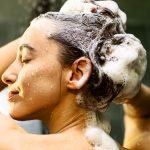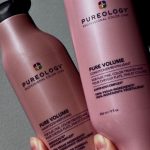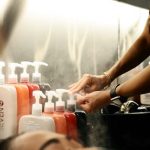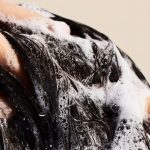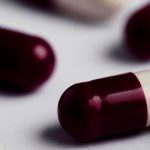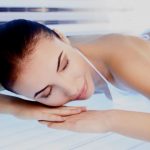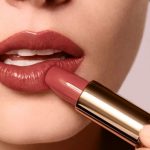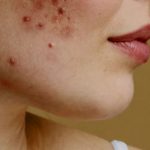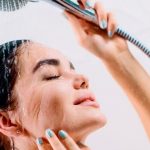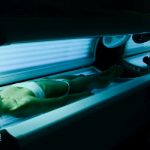Acne, a condition commonly associated with the trials of adolescence, doesn’t necessarily bid farewell with the teenage years. Many adults struggle with persistent breakouts, and the causes behind adult acne are often more intricate than one might imagine. In this exploration, we aim to shed light on the diverse factors contributing to adult acne, ranging from hormonal changes and stress to lifestyle choices, while delving into the nuanced differences that set it apart from its adolescent counterpart.
Hormonal Changes: A Pervasive Trigger in Adulthood
Significance
Hormones, often the orchestrators of skin behavior, play a pivotal role in adult acne. In women, the ebb and flow of estrogen and progesterone throughout the menstrual cycle, pregnancy, or menopause can influence sebum production, paving the way for acne.
Androgens and Acne
Androgens, typically associated with male hormones but present in both genders, can elevate sebum production, becoming a key player in adult acne.
Stress: The Silent Culprit for Adult Acne
The modern plague of chronic stress doesn’t merely impact mental well-being—it can wreak havoc on the skin. Cortisol, the stress hormone, can stimulate oil production, creating a breeding ground for acne. Additionally, stress-induced inflammation can intensify existing acne and foster new lesions.

Lifestyle Choices and Environmental Factors
Diet
The age-old adage “you are what you eat” rings particularly true in adult acne. Diets high in sugars, processed carbohydrates, and dairy products are often linked to acne development. Additionally, high-glycemic foods can influence insulin levels, further exacerbating the condition.
Skincare Products
The products we slather on our skin can be allies or adversaries in the battle against acne. Using pore-clogging skincare products, combined with aggressive cleansing routines, may disrupt the skin’s natural barrier, setting the stage for acne.
Root Causes of Adult Acne vs. Adolescent Acne
Hormonal Differences
While hormonal shifts are a common denominator in adult and adolescent acne, the nature of these changes differs. For adults, hormonal fluctuations may be linked to life stages such as pregnancy, menopause, or even underlying health conditions.
Stress and Lifestyle
The stressors adults face—ranging from career pressures to familial responsibilities—can profoundly contribute to adult acne. Lifestyle choices, including dietary habits and skincare routines, play an equally crucial role.
Treatment Approaches for Adult Acne
Hormonal Therapies
In cases where hormonal fluctuations are identified as a significant contributor to adult acne, medical interventions such as oral contraceptives or anti-androgen medications may be recommended.
Topical Treatments
Effective topical treatments, including retinoids and benzoyl peroxide, emerge as valuable tools for managing adult acne. These agents work to reduce inflammation, prevent clogged pores, and foster clearer skin.


